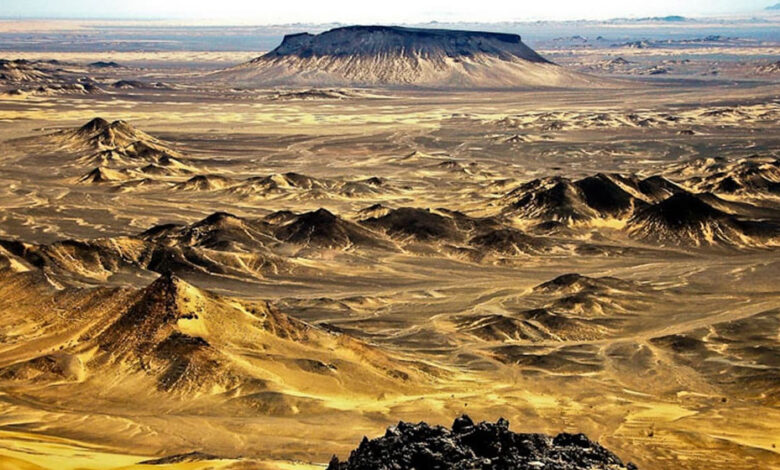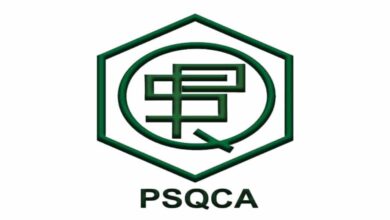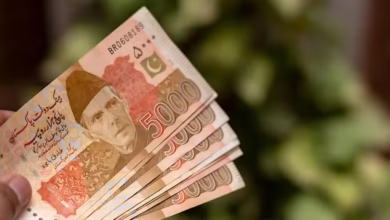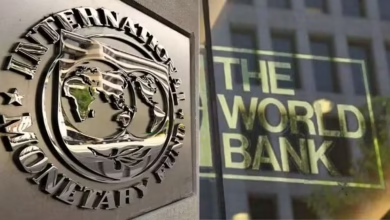Huge Mistake: Pakistan is Losing Control of Its Minerals

At a glitzy international summit in Islamabad last week, Pakistan hosted foreign dignitaries and mineral tycoons, but the rest of the world quickly and unconcernedly moved on.
Prime Minister Shehbaz Sharif spoke on stage about the “trillions of dollars” that are just waiting to be discovered in Pakistan. Offstage, the situation is much less dramatic: as the global resources race intensifies, officials have not progressed past zero-impact ceremonies.
Mining has been identified as one of the top five industries for investment by the Special Investment Facilitation Council (SIFC), a hybrid civil-military organization established in 2023 to entice investors. However, except from setting up committees and holding summits, no real action has been taken. A rough estimate places the value of Pakistan’s mineral resources—copper, gold, rare earths, lithium, iron ore, and gemstones—at over $200 billion, while many experts say these pits hold precious stones worth over 5x higher. No matter how much it is worth, the nation’s output hardly makes the cut.
Contrast this with what’s happening abroad.
These minerals serve as strategic leverage in addition to being trade assets. Approximately 95% of the world’s rare earth output is presently controlled by China. On the other side, the United States has been picking conflicts with the nation that supplies vital mineral supply lines while unsuccessfully attempting to reshore them for the past ten years. America’s reliance on China for rare earths alone is 78%, according to a 2020 assessment by the US International Trade Commission.
Washington has previously engaged in this careless behavior. The US looked on helplessly in 2023 as China banned the export of germanium and gallium, two elements essential to semiconductors. China responded by significantly tightening rare earth regulations in 2024. The rest of the globe is now left to speculate as to how long the stocks will survive as the screws tighten once more.
Despite possessing the very minerals that the world is battling over, Pakistan is neither a supplier nor a participant in this game.
Rather, we receive laws such as the Khyber Pakhtunkhwa Mines and Minerals Bill 2025, which was approved by the provincial government earlier this month. The measure establishes two new bureaucracies, one to “facilitate investment” and the other to grant licenses. Both bureaucracies are staffed by ministers and bureaucrats. It appears that the act of mining itself is absent.
Both are packed with departmental representatives, overlapping roles, and non-binding requirements. Even worse, the measure explicitly calls for federal intervention. The Federal Mineral Wing of Islamabad provides a model agreement that all significant mining agreements must follow. This is for standardization, in theory. In reality, it adds another level of approval—and delay—while undermining regional autonomy.
The law requires joint ventures with government-run businesses for large-scale mining operations, which are defined as anything exceeding Rs. 500 million. If such businesses were capable of exploring or extracting, this would make sense. They don’t. They primarily exist on paper, supported by the appearance of capacity.
Political interference, operational ineptitude, and inadequate money have long plagued Pakistan’s state-run mining companies. Both domestic and foreign private investors must contend with a confusing regulatory landscape, ambiguous laws, and security issues.
Therefore, Pakistan cheers, hosts meetings, and drafts laws that do little to alter its mineral fate while Washington and Beijing battle it out over who will dominate tomorrow’s technologies.
There are minerals. They are with us. There is a worldwide urgency. However, the will? Missing in action as of yet.
Disclaimer: The author’s ideas and views are the sole ones presented in this article and may not represent ProPakistani’s official stance or policy. The information is not meant to be used as professional advice; rather, it is offered for informational reasons only. Any goods, services, or viewpoints discussed in the article are not supported by ProPakistani.




